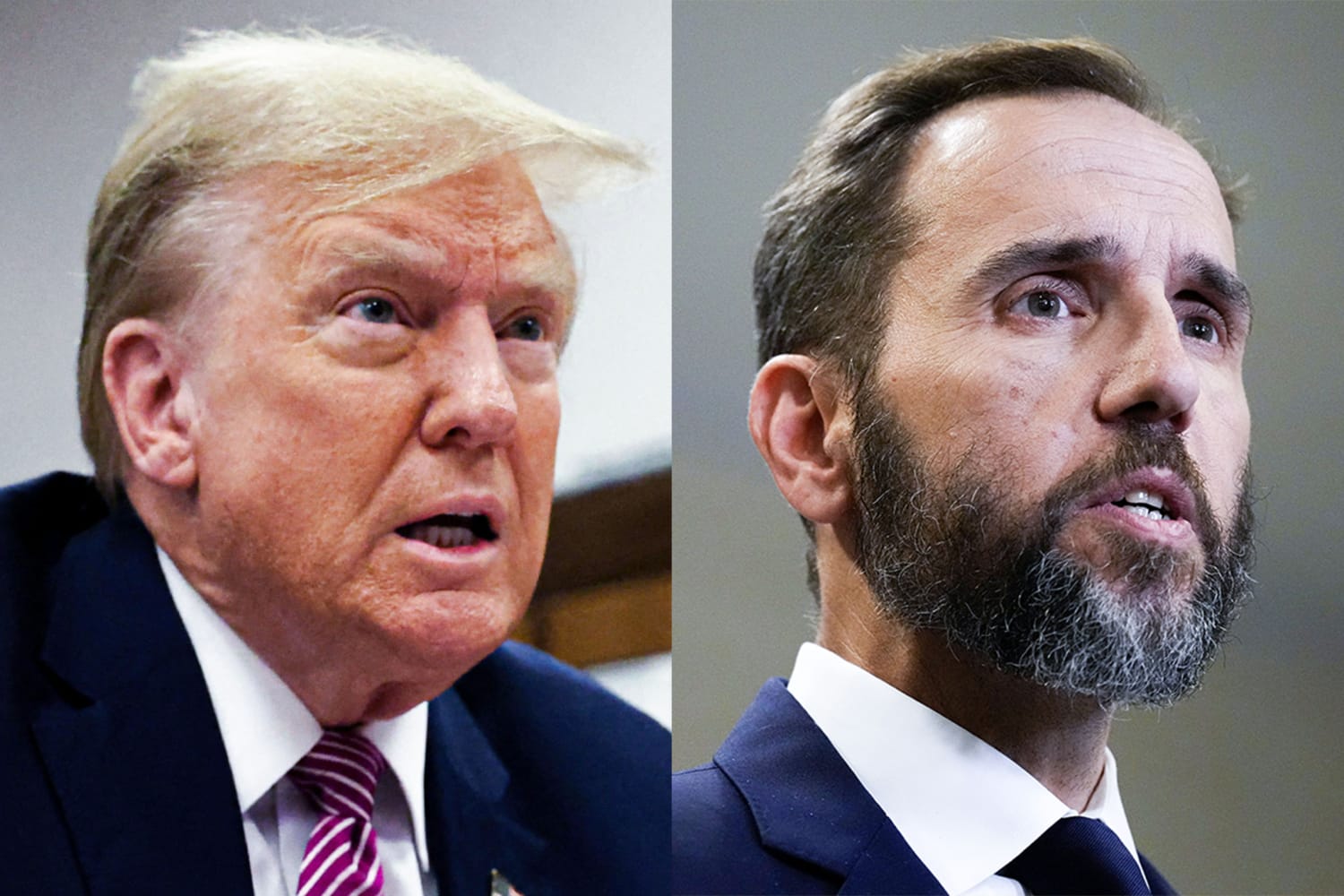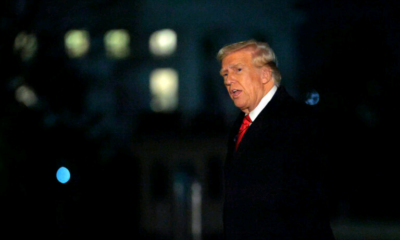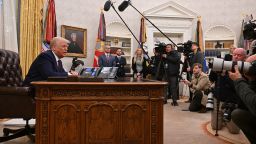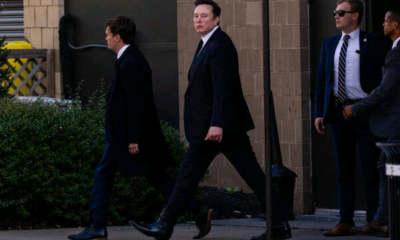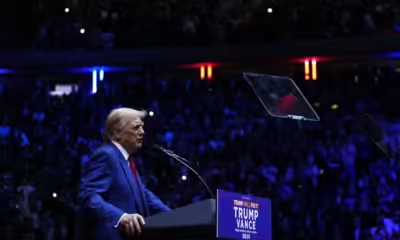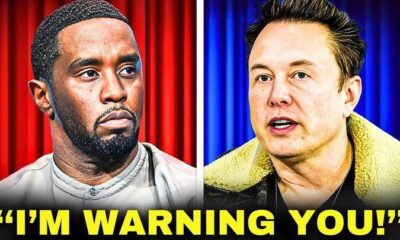CELEBRITY
The heart of Trump v. United States was a legally untested question that has not come before the high court until now: whether a president could be immune from criminal prosecution for official acts while in office.
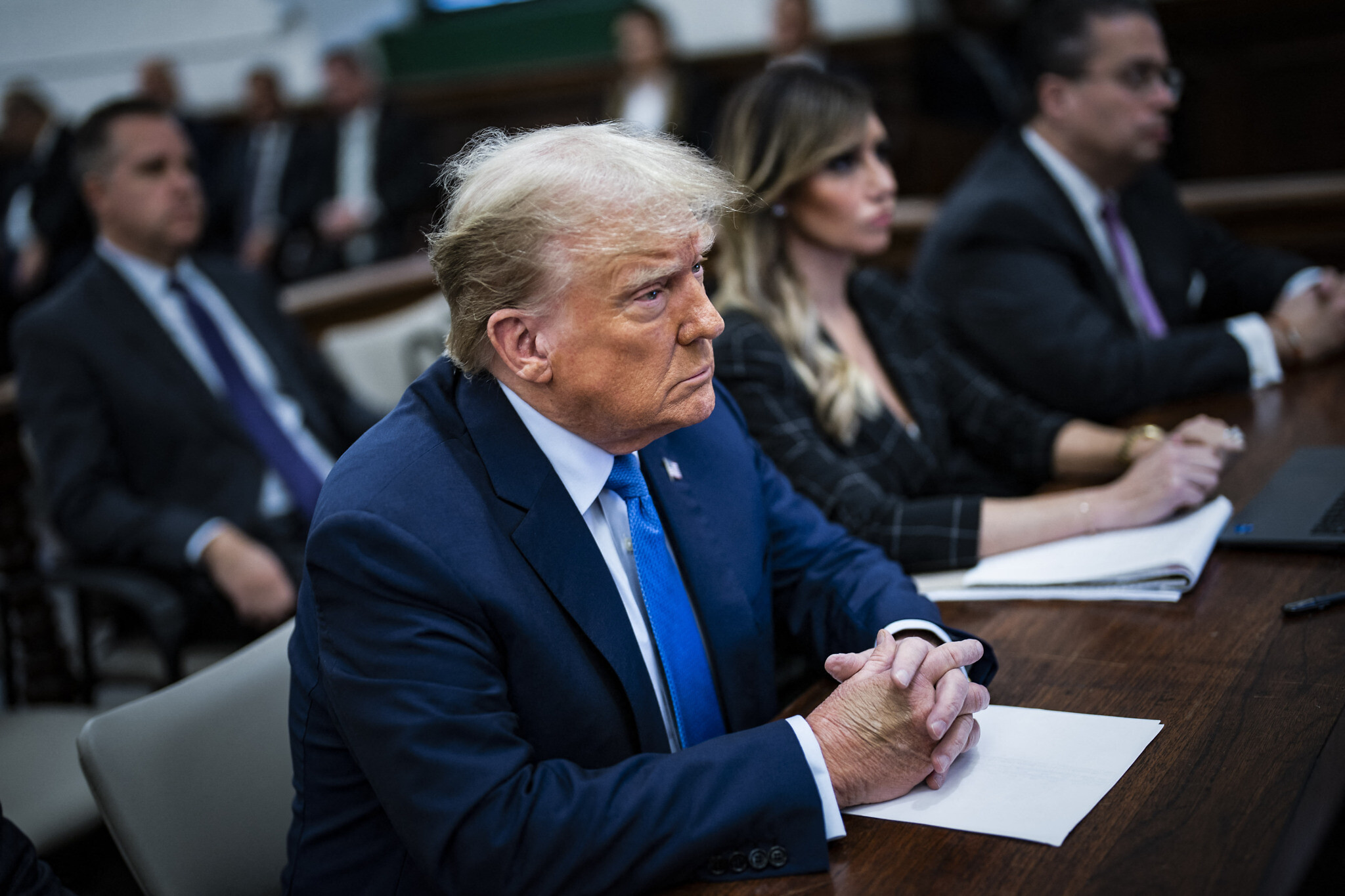
“The president enjoys no immunity for his unofficial acts, and not everything the President does is official. The President is not above the law,” Chief Justice John Roberts wrote in the majority opinion.
But, Roberts added, “the system of separated powers designed by the Framers has always demanded an energetic, independent Executive. The President therefore may not be prosecuted for exercising his core constitutional powers, and he is entitled, at a minimum, to a presumptive immunity from prosecution for all his official acts.”
The court’s three liberal justices argued that making a president immune from prosecution makes him “a king above the law.” “Let the President violate the law, let him exploit the trappings of his office for personal gain, let him use his official power for evil ends,” Justice Sonia Sotomayor wrote. “Because if he knew that he may one day face liability for breaking the law, he might not be as bold and fearless as we would like him to be. That is the majority’s message today.”
Roberts said some actions, such as those involving the attorney general or Department of Justice, fall into the first category. They “are readily categorized in light of the nature of the President’s official relationship to the office held by that individual,” and therefore fall under absolute immunity. These include Trump’s conversations with then-Vice President Mike Pence, who was tasked with overseeing the certification of electoral college votes on Jan. 6, 2021.
“The indictment’s allegations that Trump attempted to pressure the Vice President to take particular acts in connection with his role at the certification proceeding thus involve official conduct, and Trump is at least presumptively immune from prosecution for such conduct,” Roberts wrote.

